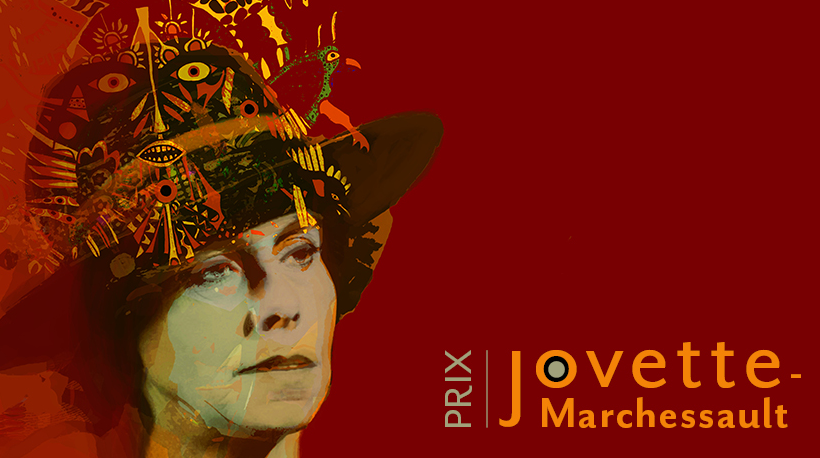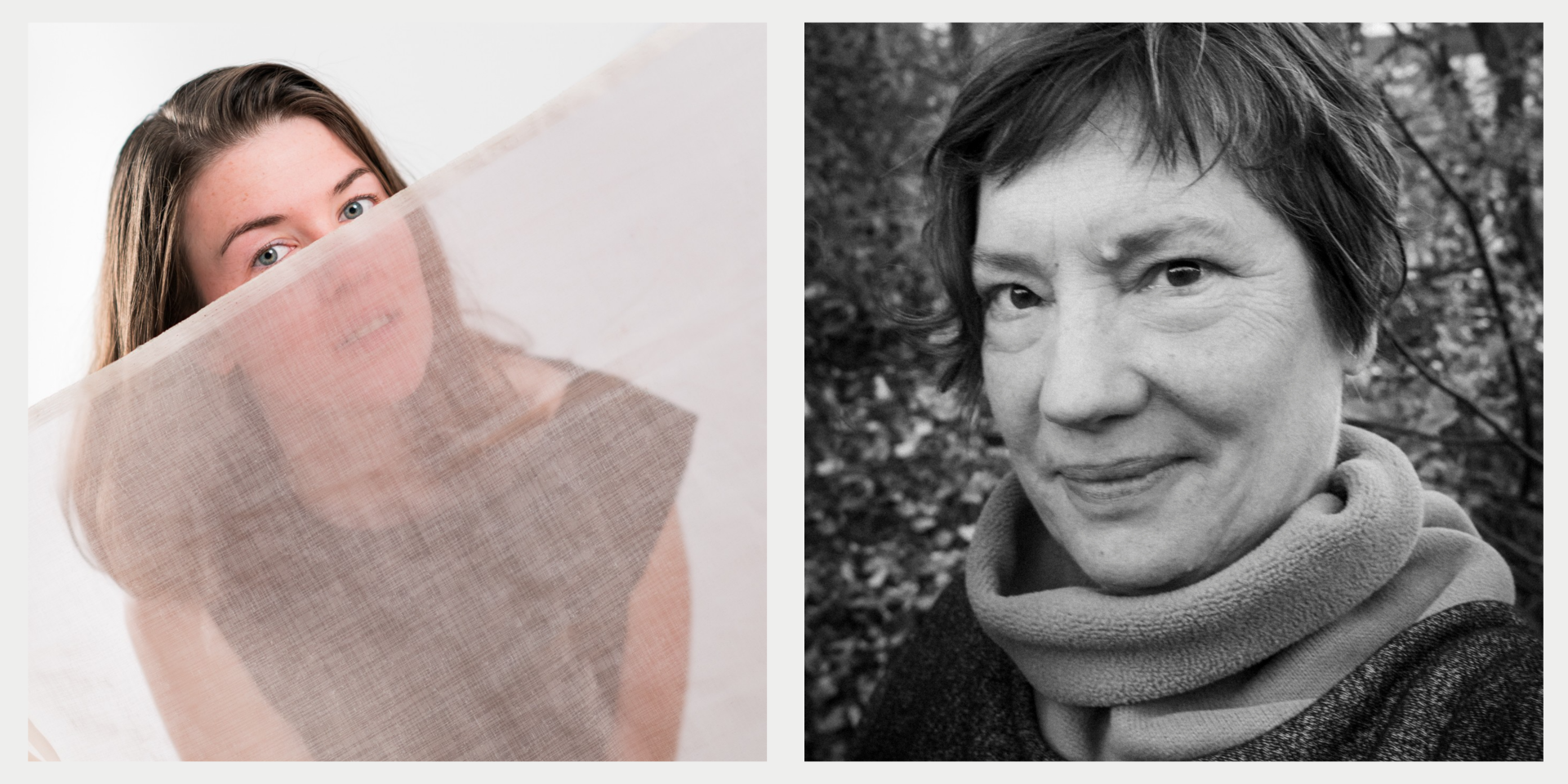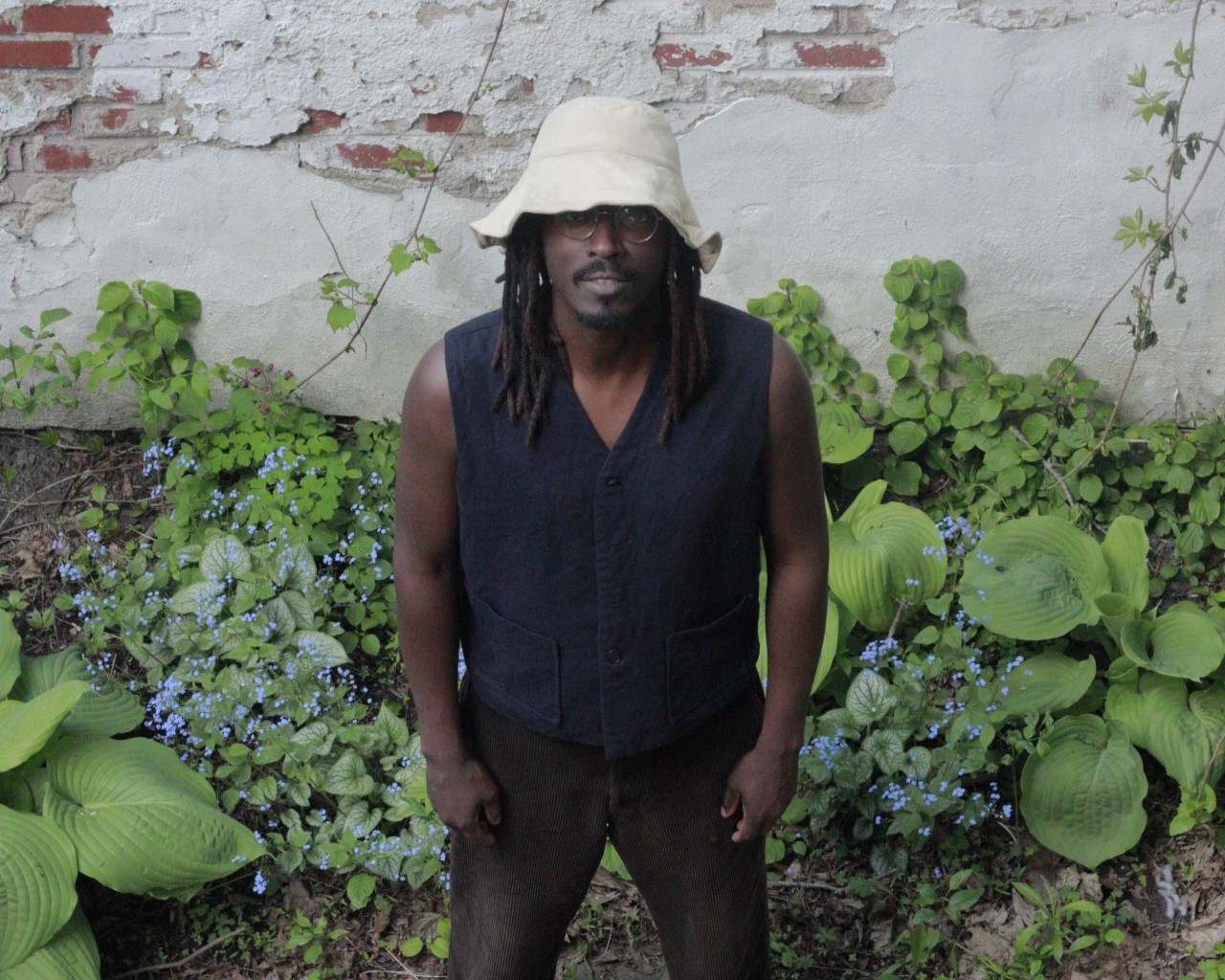Montreal, Monday, May 24, 2021 — The Conseil des arts de Montréal (CAM) is proud to announce that Nancy Tobin has won the Jovette-Marchessault Award, the second edition of which was devoted to women creators and designers. Created to recognize and showcase women artists’ contributions to the theatre industry, the award comes with a $20,000 cash prize from the Conseil.
SECOND EDITION – WOMEN CREATORS AND DESIGNERS
WINNER: NANCY TOBIN
“Receiving the Jovette-Marchessault Award is a huge responsibility for me. There are lots of other women creators and designers who work very hard and do some wonderful things. So, why me? And how do you receive an award during a global pandemic? I have lots of questions, and I’m still reeling from being named the winner. Thank you so much for this honour. I feel like you’re giving me a platform to use, and that’s the responsibility I feel.”
– Nancy Tobin, Sound designer
As an expert in sound design and creating with sound, Nancy Tobin has emerged over the last three decades as an essential figure in the Quebec theatre scene. Her achievements include breaking new ground in the area of sound spatialization. Putting her know-how in the service of artistic creation, Nancy Tobin is one of those artists whose work, although entirely behind the scenes, is nevertheless a crucial part of the final production. She is a firm believer that sound design takes great humility and means “becoming a part of the show-business world without ever being seen.” At the same time, working alone or as part of a group, she has created numerous acoustic performances using sound machines she invents herself.
The long list of artistic projects shown in her résumé speaks to the breadth of her work and touch on everything the human ear can detect: creating sound effects and soundscapes, writing musical scores, and producing sensitive devices for capturing and projecting voices. Developed using recorded sounds, consoles, speakers and microphones, her compositions have contributed to many quality works in dance, theatre and museum applications.
Tobin seeks to play a central role in the creative process, pursuing her goal in every rehearsal: to sculpt sound as if it were solid matter while remaining attentive to its unique poetry. It’s a job that requires great sensitivity and inventive flair, and goes well beyond merely illustrating stories with sound. Her recent collaboration on the production of Annick Lefebvre’s Les barbelés, directed by Alexia Bürger and staged at Théâtre de La Colline in Paris (2017), is an eloquent example: her evocative sound design has been described as a character of its own that carries on a dialogue with the protagonist.
Many of the renowned creators with whom Nancy Tobin has worked have placed their confidence in her time and time again. Starting with Concerto grosso pour corps et surface métallique, in 2000, choreographer Danièle Desnoyers embraced her as a leading artistic accomplice, drawing on her acoustic prowess to explore the relationships between bodies and sound in many productions.
Tobin has also created designs for a few notable forays with François Girard outside the world of cinema. With Novecento by Alessandro Baricco (2001), the sound creator met the challenge of including in her rich composition a wide array of different sounds, mixed and rendered unrecognizable but all from a single instrument, a grand piano. In Le procès, an adaptation of Kafka’s novel (2004), her score of whispering voices and sounds ingeniously created by rubbing everyday objects together, rather than the usual musical instruments, amplified the play’s unsettling, paranoid atmosphere.
In 1998, for Les trois derniers jours de Fernando Pessoa, she began research with Denis Marleau, the artistic co-director of UBU compagnie de création, into the use of technology to create intimate vocal performances. Very careful to preserve what makes the theatre so unique—its living, breathing nature, the very heart of the experience—and particularly sensitive to the importance of the human voice, Tobin was determined not to dissociate the performers’ voices from their onstage physical bodies.
Inspired by her apprenticeships in London and New York, Nancy Tobin has developed her own approach to amplifying performers’ voices, boosting the volume to make the artists seem closer to the audience while preserving their voices’ natural texture and character.
Tobin has no fewer than 14 collaborations with Denis Marleau to her credit, either as a sound designer or as the creator of sound recording and projection devices. Some of her noteworthy projects include the immersive score created for Maurice Maeterlinck’s Les aveugles (2002), a remarkable theatrical installation at the Musée d’art contemporain de Montréal. In a very evocative manner, the artist imagined a poetic forest soundscape as perceived with great clarity by sight-impaired characters.
Tobin’s dedication to her art and her demanding nature are apparent in her constant desire to hone her skills, despite the years of experience and recognition she has already acquired. She earned a bachelor’s degree in dramatic art from Université du Québec à Montréal (UQAM) in 1989 and a master’s degree in theatre in 2017. In her thesis Le son au théâtre et en danse contemporaine: les principes conceptuels récurrents de ma pratique [Sound in theatre and contemporary dance: the recurring concepts underpinning my practice], she analyzed her own work. Since 2019, she has also been working on a Ph.D. in art studies and practice, again at UQAM.
Tobin is committed to sharing her knowledge with future generations. In addition to coaching National Theatre School of Canada students in sound design, she has been a lecturer for the “Sound in theatre” course at UQAM’s École supérieure de théâtre since 2011. In 2016, the university’s Faculty of Arts awarded her a “Prix d’excellence en enseignement” for excellence in teaching. Tobin has also published a description of her approach, Guide de la conception sonore selon Nancy Tobin 01 (2018). The inclusion of “01” in the title indicates that the booklet is the first in a series devoted to stage practitioners, which she plans to self-publish.
Nancy Tobin has not only made her mark on the performing arts: By sharing the results of her analysis and explorations, the sound designer continues to have a lasting influence on our acoustic environments.
This Conseil des arts de Montréal award was named for Jovette Marchessault as a tribute to a great “tuner of the soul,” whose body of work reflects her desire to bring women’s culture out of the shadows, to reshape history, and to forge a collective memory that allows women to be role models for any gender. The 2021–2022 edition of the Jovette-Marchessault Award will be geared to women authors, with the all for nominations going out in mid-November.
SOURCE
Luc Chauvette
Director of Communications
ESPACE GO
lucchauvette@espacego.com
MEDIA RELATIONS
Rosemonde Gingras
Public Relations Officer
Rosemonde Communications
rosemonde@rosemondecommunications.com





